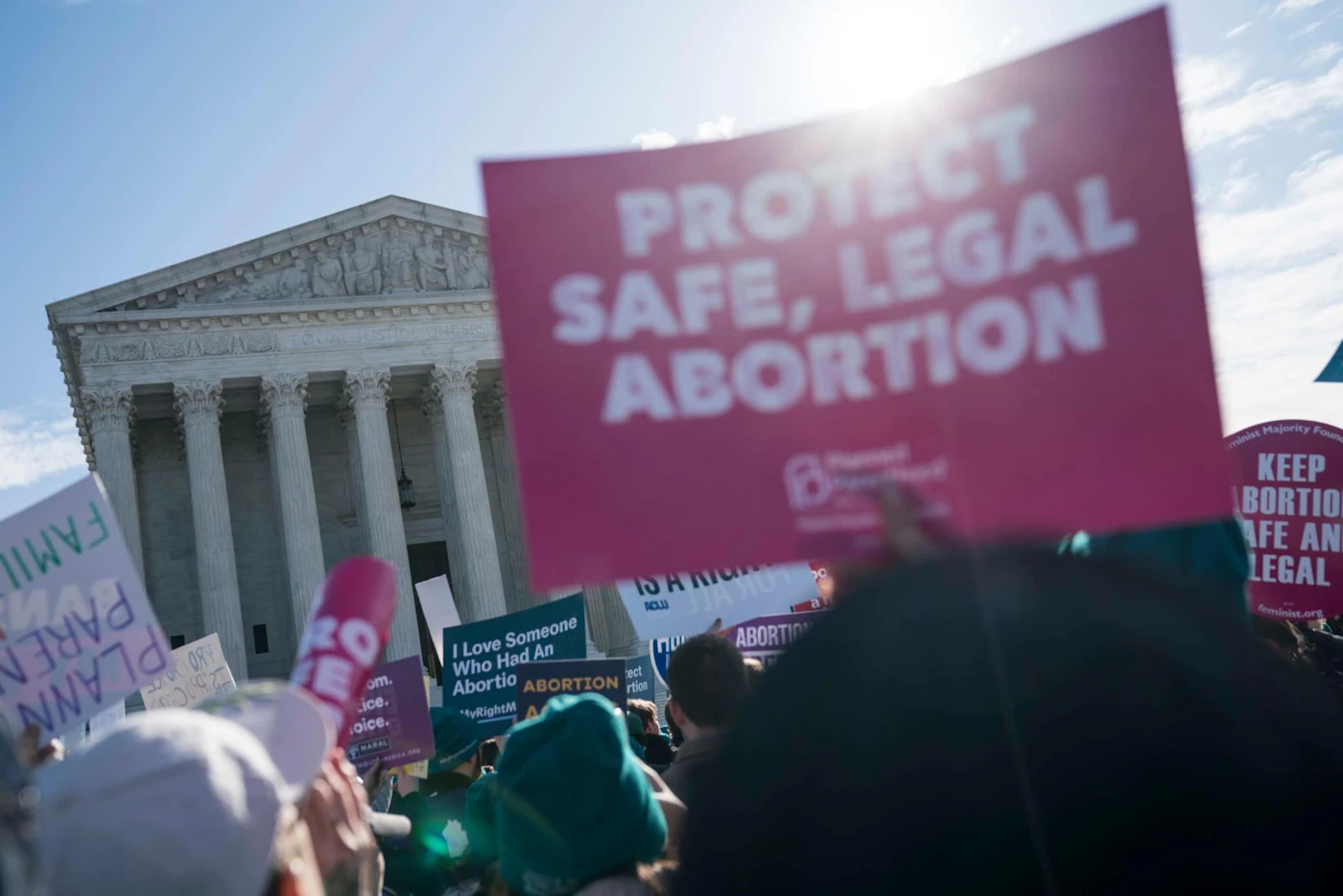Voters in Louisiana approved a constitutional amendment this week that explicitly limits reproductive rights, which could pave the way for the overturn of Roe v. Wade.
Election Day saw reproductive rights in the US take one step forward and potentially 50 steps back with anti-abortion measures on the ballot in both the West and South. Meanwhile, dozens of cases about abortion are potentially heading to the conservative US Supreme Court, including a Mississippi case this Friday.
By a 59.2% to 40.8% margin, Colorado voters rejected a ban on abortions at 22 weeks of pregnancy or later. It was the fourth time since 2008 that conservatives sought to restrict reproductive health care access in the state.
If Proposition 115 had passed, abortion providers in the state who provide abortion care after 22 weeks—the majority of abortions, however, occur in the first trimester—could face a misdemeanor charge as well as loss of their medical license for at least three years. Only pregnancies that put the pregnant person’s life in danger would have been exempt from the measure.
Sorting Fact from Fiction: Sign Up For COURIER’s Newsletter
But in Louisiana, voters approved a constitutional amendment that explicitly limits reproductive rights. Amendment 1 adds the following language to the state constitution: “To protect human life, nothing in this constitution shall be construed to secure or protect a right to abortion or require the funding of abortion.”
Abortion is still legal in Louisiana and every other state in the country.
Michelle Erenberg, executive director of reproductive rights nonprofit Lift Louisiana, told CNN that Tuesday’s “result is deeply disappointing, but this feeling of sadness is temporary.”
“Anyone or any organization in Louisiana who fights for reproductive freedom knows that these are hard battles to win,” she continued, “but we keep fighting because women—not just those of means but all women and all people who can become pregnant—deserve the basic right of bodily autonomy and high quality reproductive healthcare, which includes abortion.”
RELATED: Supreme Court Blocks Law That Would Have Left Only 1 Abortion Provider in Louisiana
The constitutional amendment is similar to language approved in the state constitutions of Alabama, Tennessee, and West Virginia and appears to pave the way for the overturn of Roe v. Wade.
With President Donald Trump’s appointment of anti-choice Justice Amy Coney Barrett, the 6-3 conservative majority Supreme Court could eventually reverse the 1973 landmark decision, leaving abortion access up to the states to decide. If that happens, Louisiana is already on record as opposing abortion rights, and state judges would be prevented from issuing rulings in favor of bodily autonomy.
The US Supreme Court on Friday will consider a review of a lower court’s ruling that blocks a 2018 Mississippi law barring most abortions after 15 weeks of pregnancy.
The Center for Reproductive Rights successfully sued on behalf of the state’s only abortion clinic, blocking the ban in district court on the grounds that it prohibited abortion before “viability,” or the fetus’ ability to survive outside the womb. That’s typically at 24 weeks of pregnancy, and in Roe v. Wade, the Supreme Court ruled in 1973 that a state cannot put the interests of a fetus ahead of a pregnant woman’s before that time.




